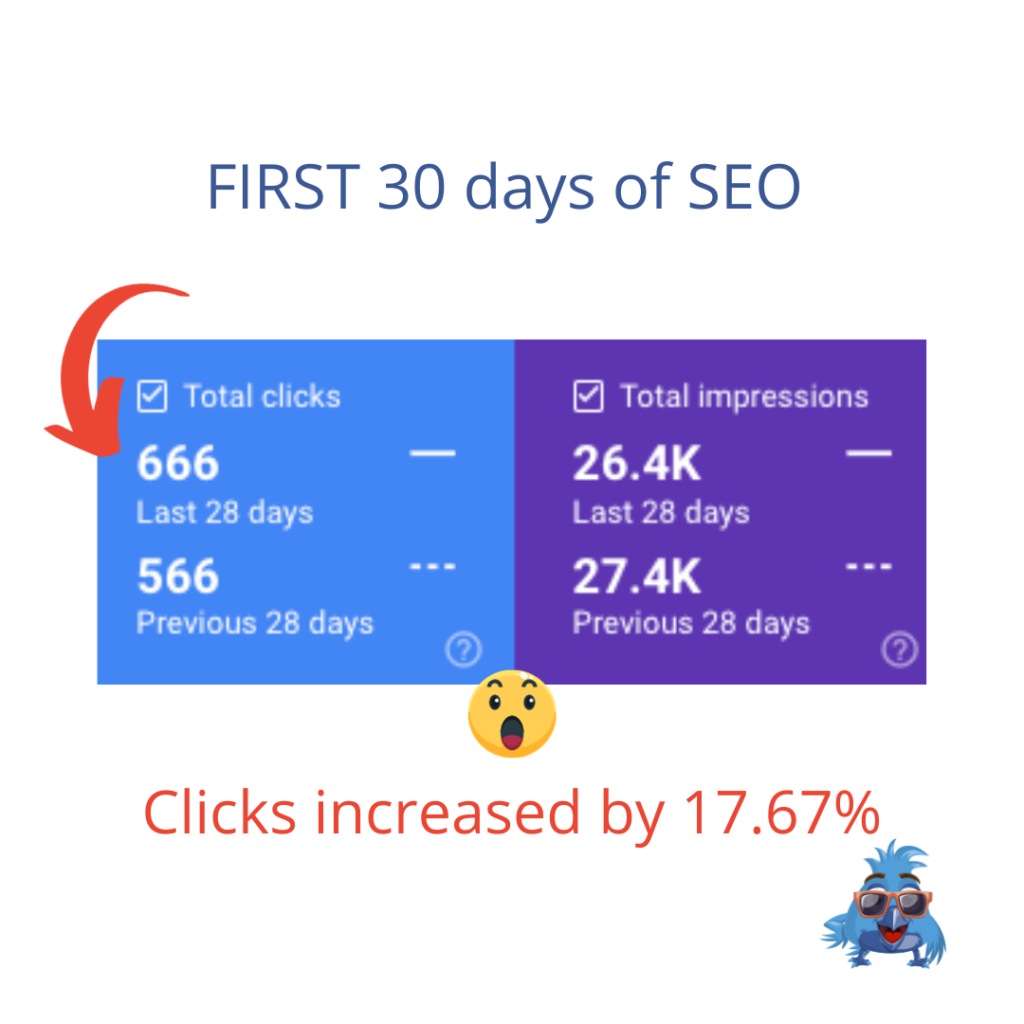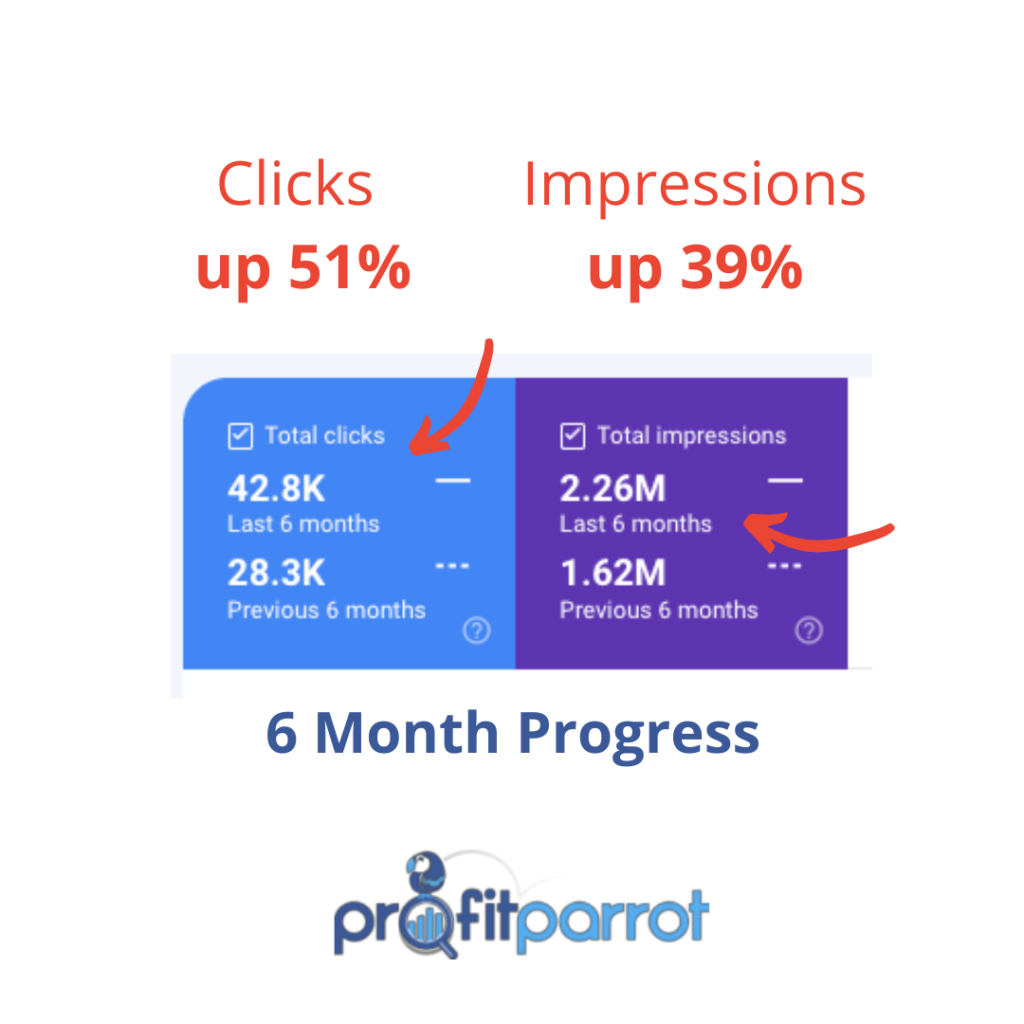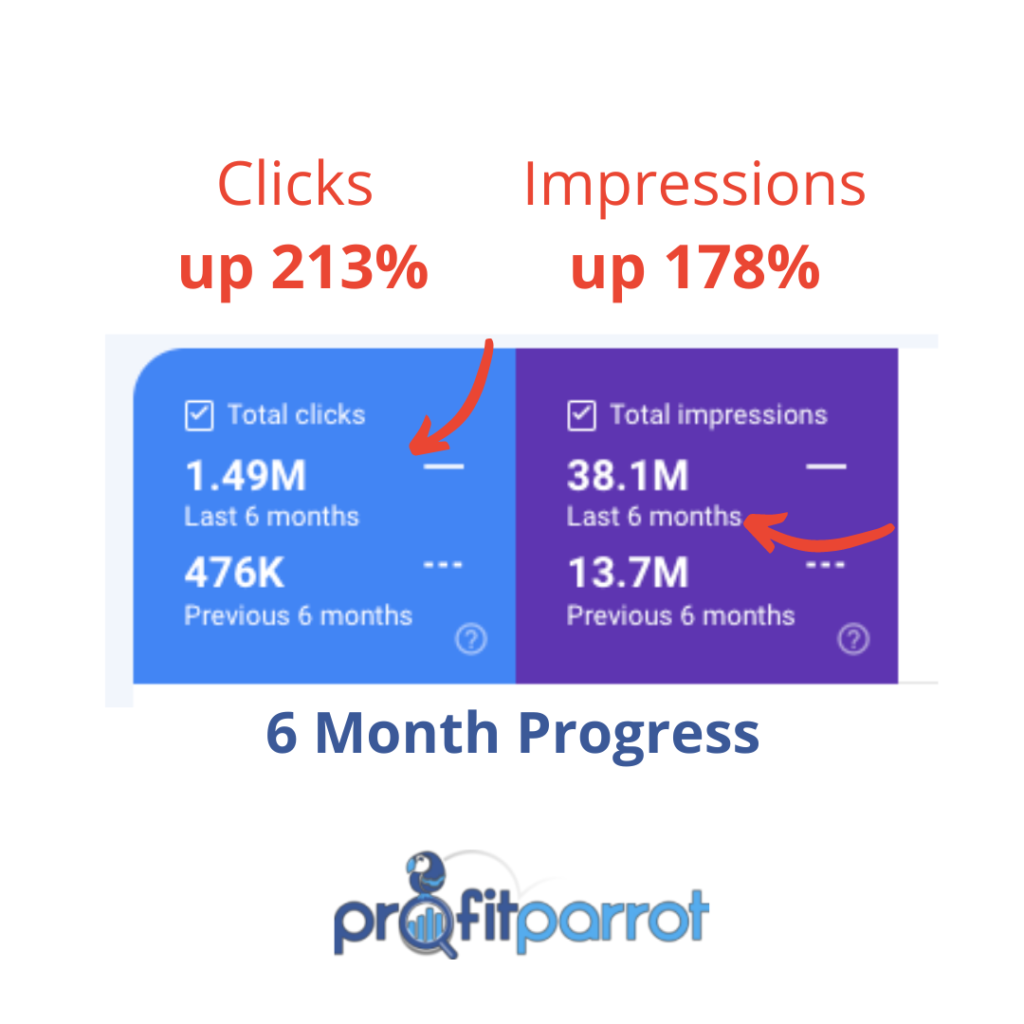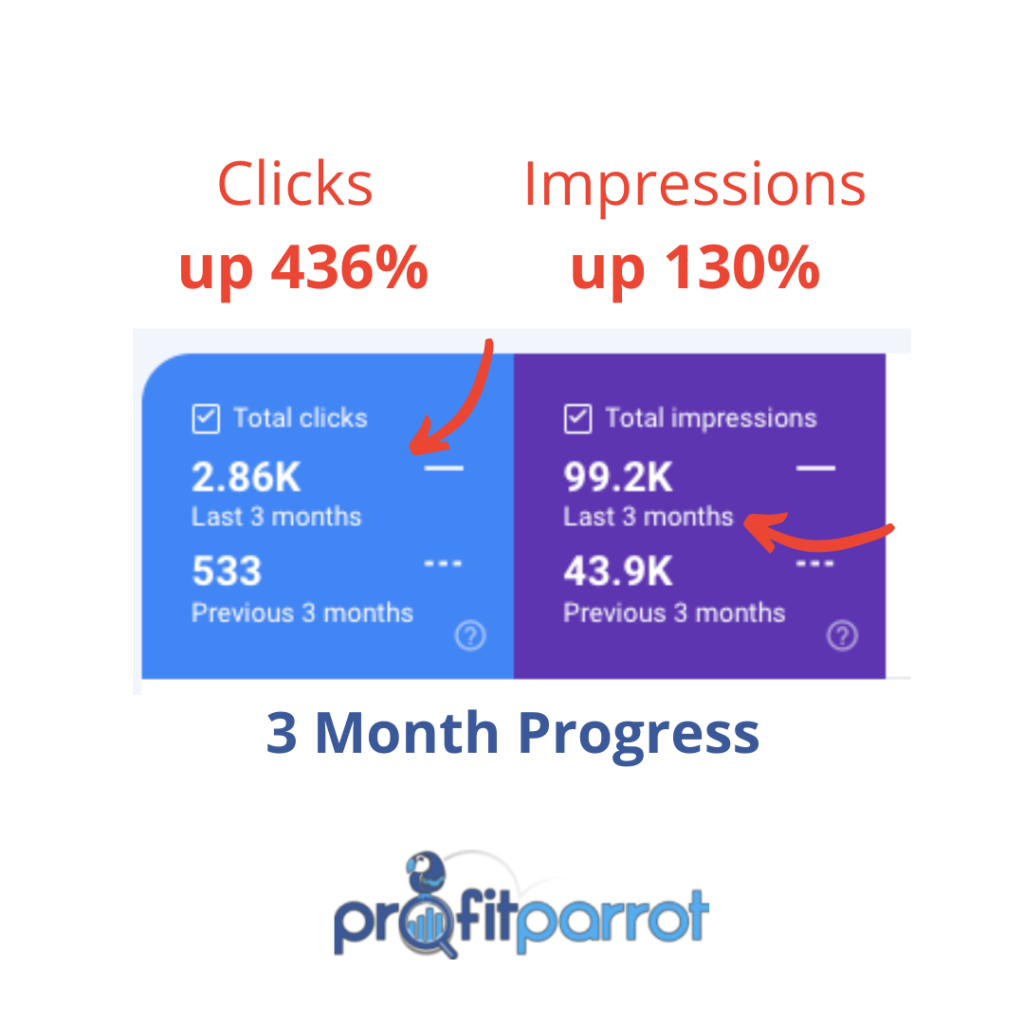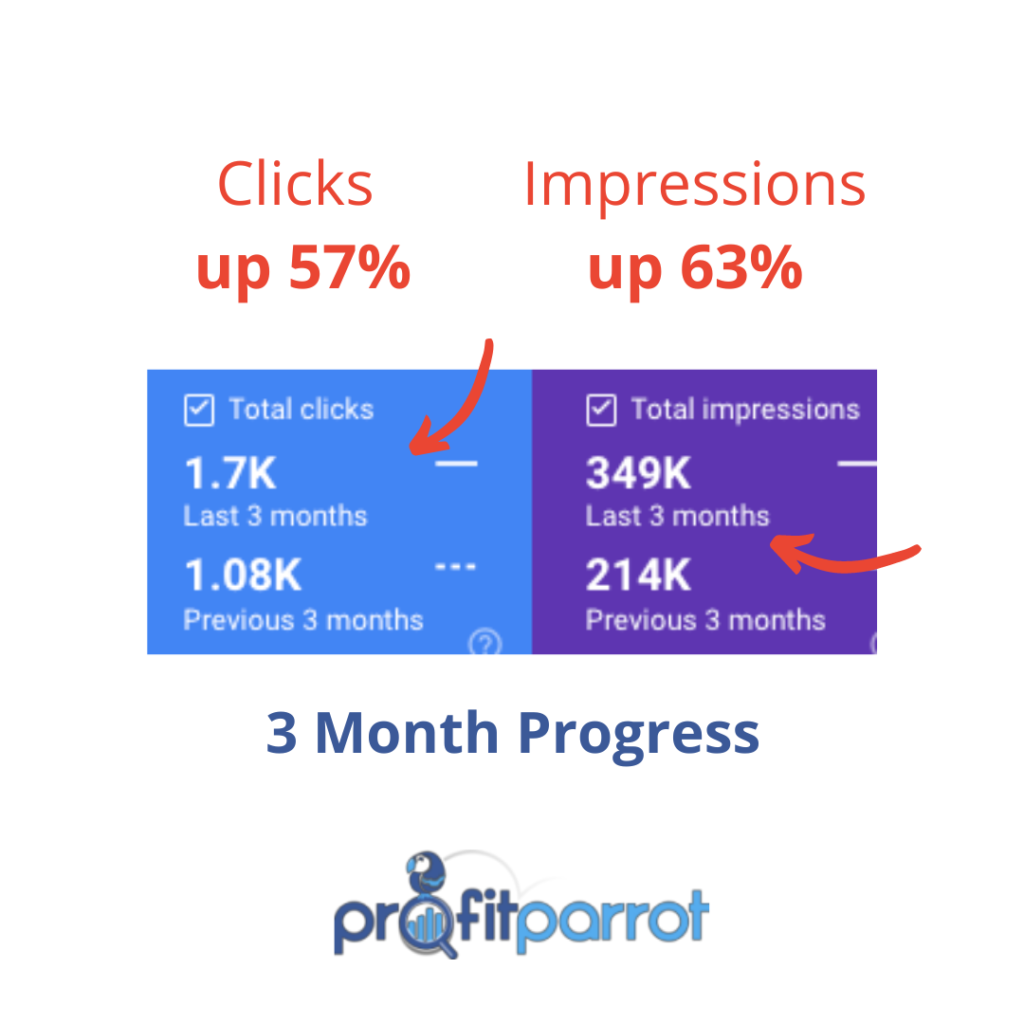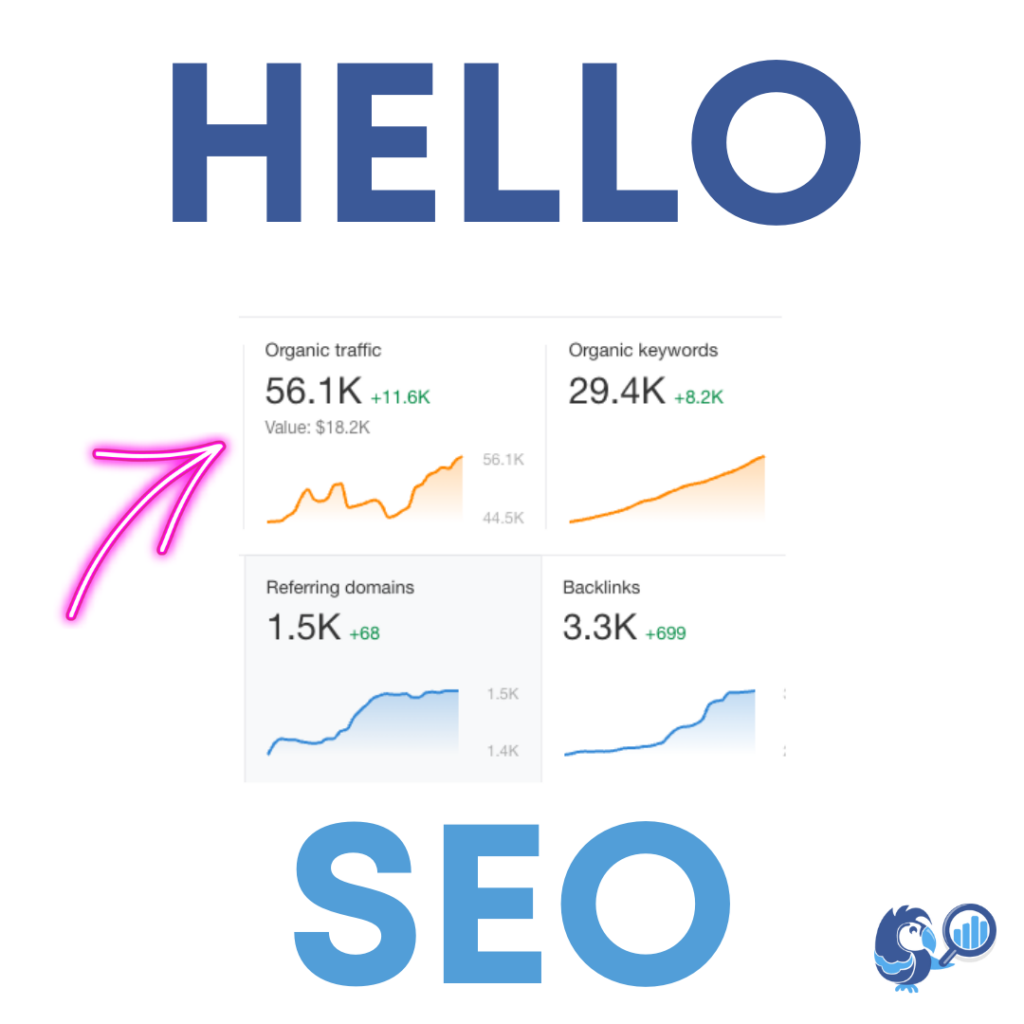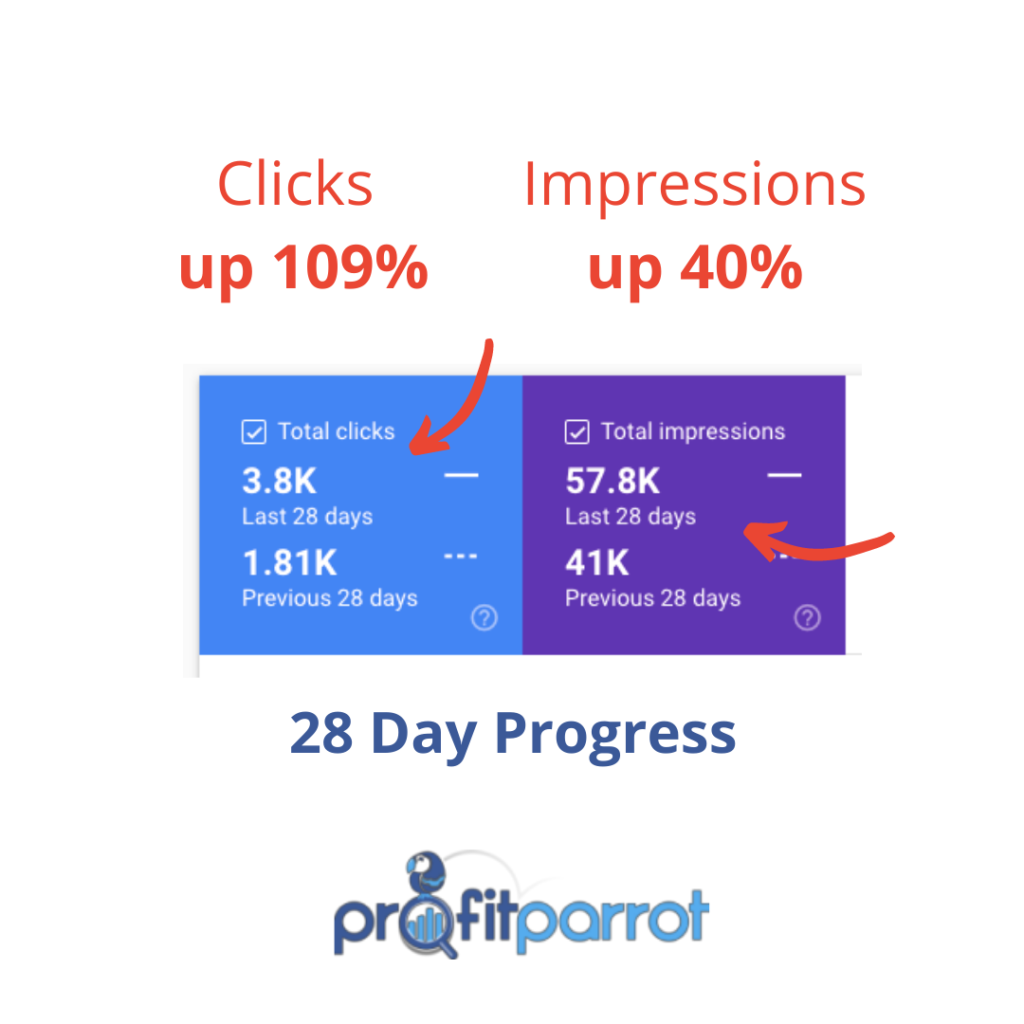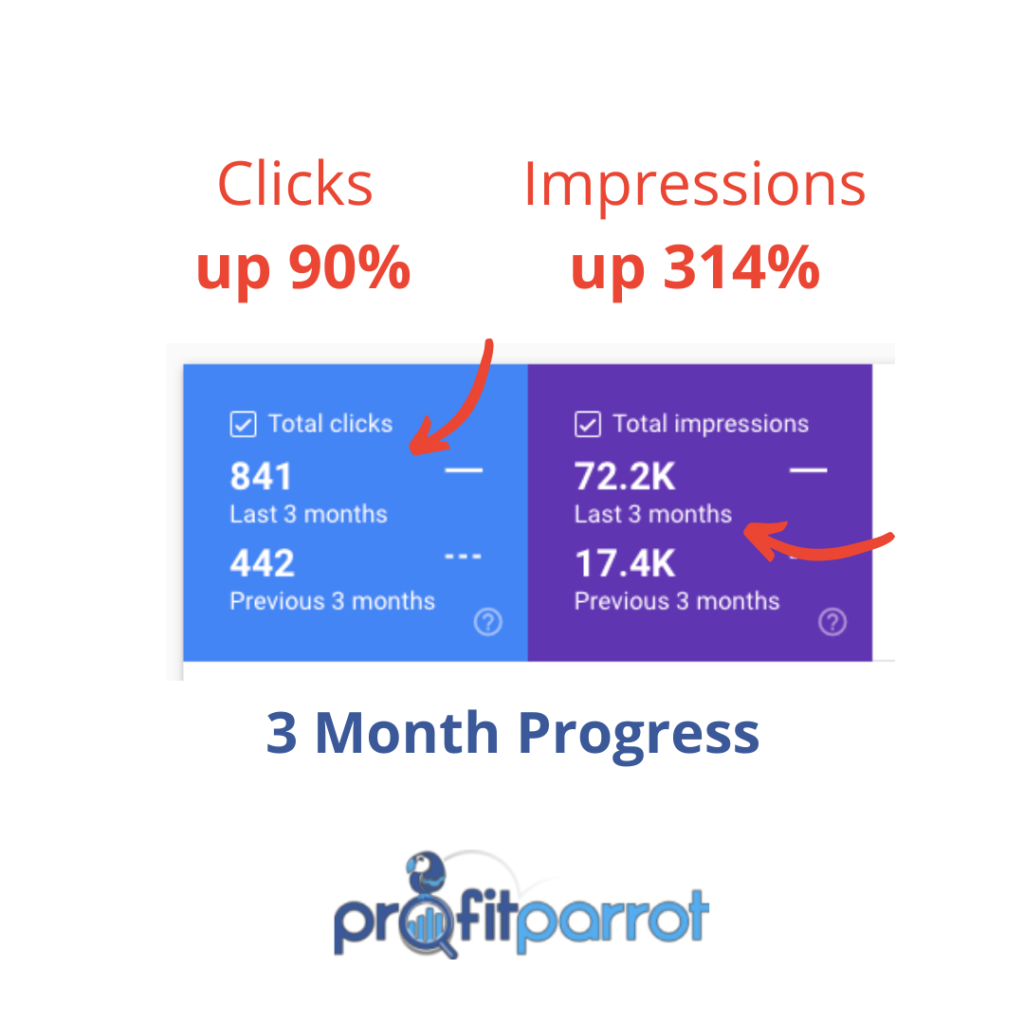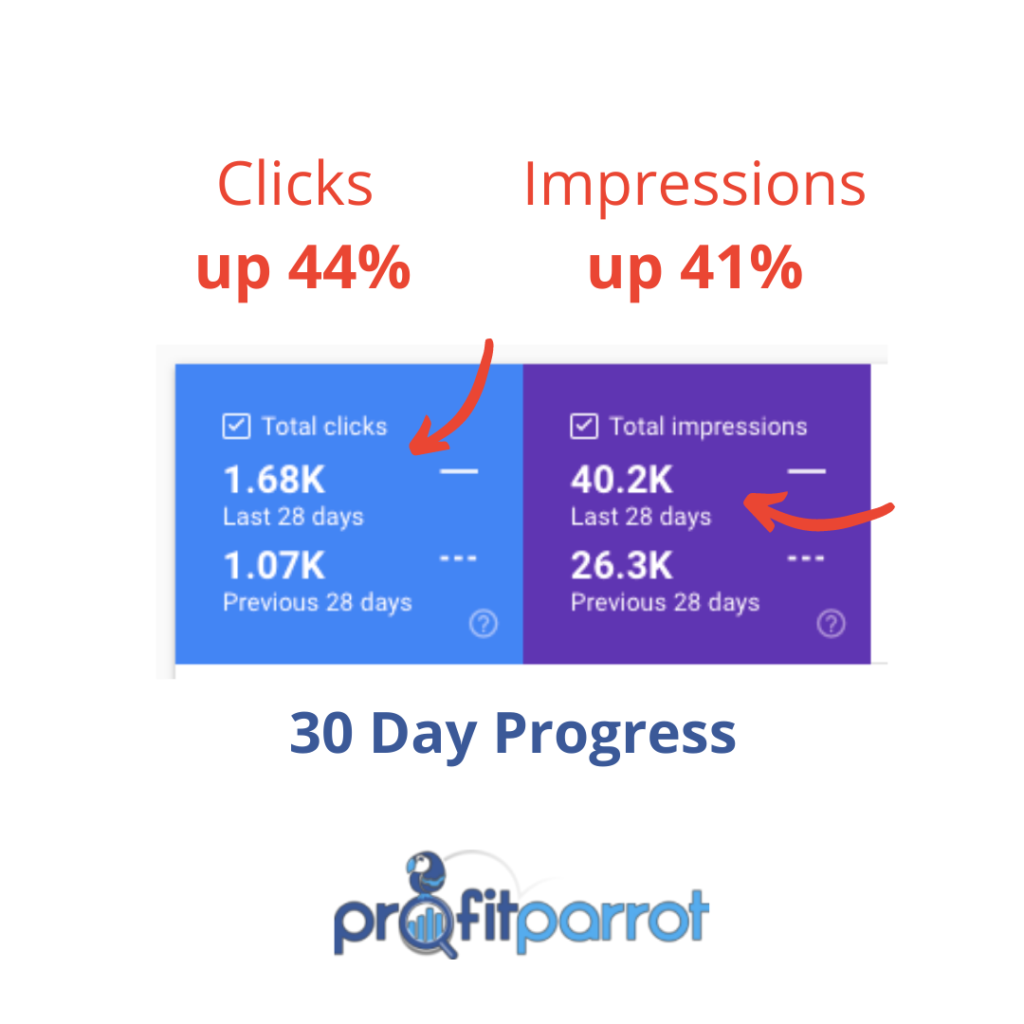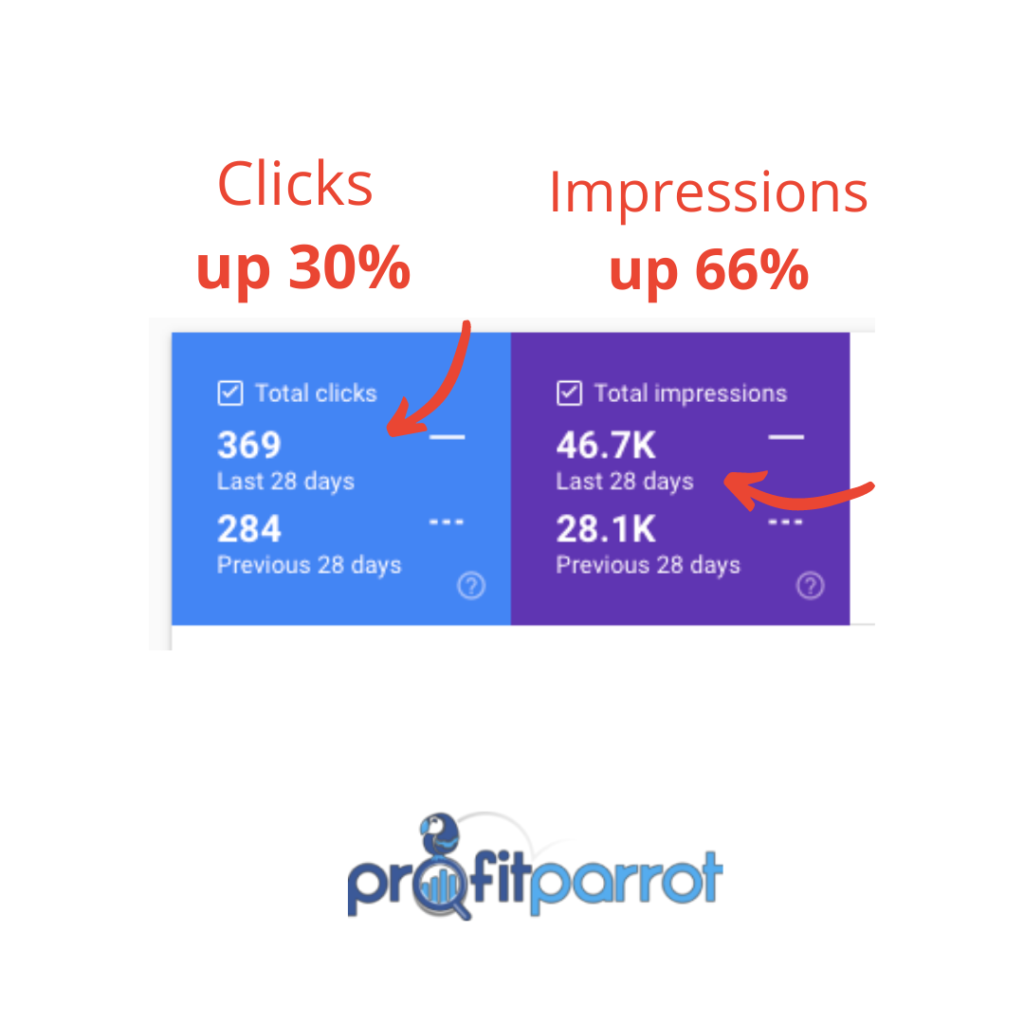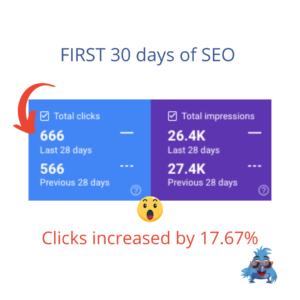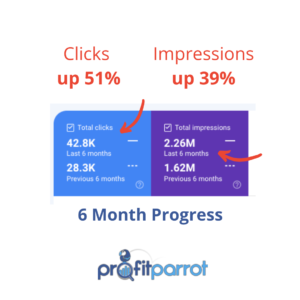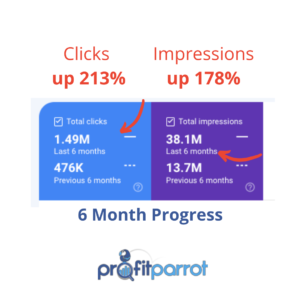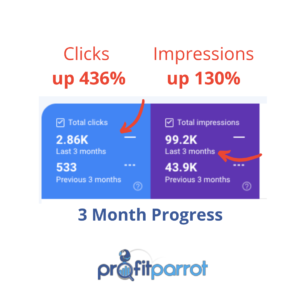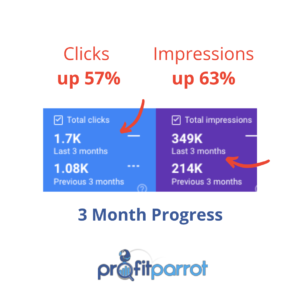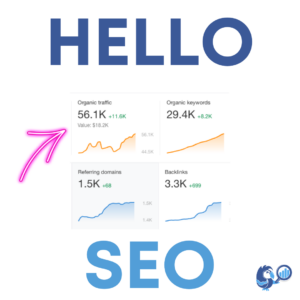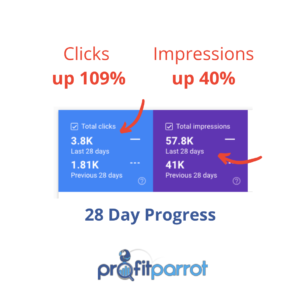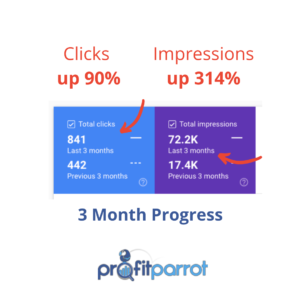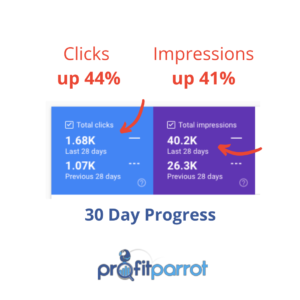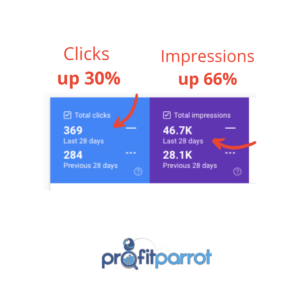Why You Need SEO
for Home Builders
SEO for home builders is a vital technique for home builders seeking to enhance their online presence and climb up the Google search rankings. While the concept of SEO might seem technical, its effective application can transform your website into a magnet for potential clients, helping them to easily find the information they need.

Understanding SEO for Home Builders
The Basics and Beyond SEO is not just about improving your website’s ranking; it’s about creating a user-friendly, informative platform that resonates with your audience. It begins with a website that’s easy to navigate, encouraging visitors to stay longer and engage more deeply – both critical factors for boosting your search engine rankings.
Building a Solid SEO Foundation To lay the groundwork for successful SEO, you must first understand its key elements.
- Keyword Research: Identifying the right keywords is the first step. Understand what potential clients are searching for and tailor your website’s content to meet these queries.
- Content Quality: Quality content is king in the world of SEO. Your website should not only be informative and relevant but also engaging and regularly updated to keep visitors coming back.
- User Experience (UX): A seamless user experience on your website is crucial. This includes fast loading times, mobile responsiveness, and intuitive navigation.
- On-page Optimization: This involves optimizing individual web pages to rank higher and earn more relevant traffic. It includes aligning specific elements like title tags, headings, and content to your chosen keywords.
- Off-page Techniques: Building backlinks from reputable sites is a significant part of SEO. It helps in establishing the credibility and authority of your website.

Top Reasons Profit Parrot SEO
Services Will Benefit You
Proven SEO Mastery
Our deep knowledge of SEO tactics is specifically designed to cater to the unique demands of each business, ensuring standout results.
Personalized Approach
Profit Parrot is renowned for tailoring services to precisely align with the individual needs of every client.
Client Satisfaction
Our extensive portfolio of client endorsements and testimonials reflects our high degree of effectiveness and professionalism.
Specialized SEO Insights
Our expertise in SEO is second to none, with strategies that are customized to fit the specific requirements of various businesses.
Customized Service
We pride ourselves on offering services that are meticulously adjusted to meet each client’s unique demands.
Client Satisfaction
The overwhelming positive feedback from our clients is a testament to our effectiveness and professional approach in delivering SEO services.
Expanding Your SEO for Home Builders Strategy
Local SEO
For home builders, local SEO is indispensable. Ensure your business is listed accurately in local directories and Google My Business. This helps in targeting potential customers in your specific geographical area.
Responsive Design
With the increasing use of mobile devices, having a mobile-responsive website is no longer optional. It’s a necessity for better ranking and user experience.
Social Media Integration
Utilize social media platforms to enhance your website’s reach and engage directly with your audience.
Regular Analytics Review
Use tools like Google Analytics to regularly review your website’s performance. Understand what’s working and what needs improvement.
Content Diversification
Expand beyond text. Incorporate visuals, videos, infographics, and interactive elements to engage different segments of your audience.
Continuous Learning
SEO is an evolving field. Stay updated with the latest trends and algorithm changes to keep your strategy relevant.
For those in the homebuilding industry looking to make a mark online, embracing these SEO strategies is crucial. While implementing these tactics can be challenging, the long-term benefits for your website’s visibility and user engagement are undeniable. For an in-depth exploration and expert guidance in crafting a tailored SEO strategy, consider diving into our comprehensive guide on SEO for homebuilders, where we unravel these concepts and offer practical insights for your unique business needs.
- Keyword Research
- Backlinking
- SERP (Search Engine Results Page)
- Organic Traffic
- On-Page SEO
- Off-Page SEO
- White Hat SEO
- Black Hat SEO
- Meta Tags
- Alt Text
- Anchor Text
- Domain Authority
- PageRank
- Crawling
- Indexing
- Long-Tail Keywords
- Search Algorithm
- Mobile Optimization
- User Experience (UX)
- Content Marketing
- Google Analytics
- Conversion Rate Optimization (CRO)
- Canonical Tags
- 301 Redirect
- Bounce Rate
- Sitemap
- Robots.txt
- Local SEO
- Featured Snippet
- Voice Search Optimization
Hear it from Our Customers

Finally, SEO for Home Builders Can Be Easy.
What is Search Engine Optimization for Home Builders?
Search engine optimization helps you build traffic to your website. SEO is the process of improving your website to make it rank higher when people are searching for services that relate to what you provide. Organic search is the main way for potential customers to find you by simply searching online. It can be a complex process, but SEO focuses on keywords that you can set up on and off your pages to attract people who could be potential clients. The better your SEO, the higher you will rank in search engines and show up more often for people searching for services related to yours.
What Makes Good SEO?
There are some aspects to take into consideration when it comes to SEO that will help your business grow. In every industry, especially the home building industry, it is important to stand out and have an online presence. This is why it is so important that you take on the best practices when it comes to SEO.
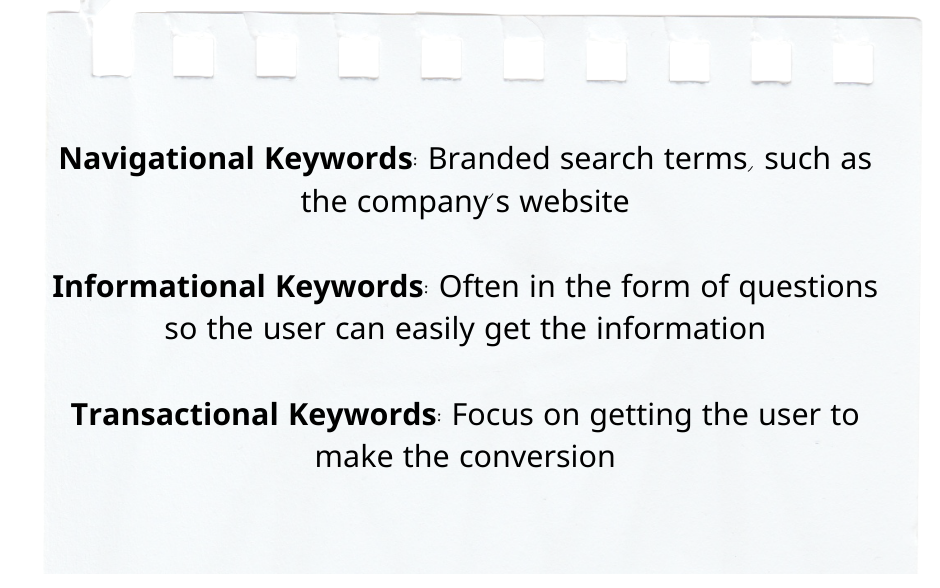
Choose the Right Keywords
Keywords are the most important part of SEO. Simply put, keywords are words that people will often type in their search engines when looking for home builders in their area. There are three types of keywords: navigational, informational, and transactional.
Navigational Keywords are branded search terms, such as the company’s website and contact information. This type of keyword includes search terms where the user is trying to get somewhere specific. Additionally, navigational keywords allow you to be more visible in searches.
Informational Keywords focus on getting the user information rather than completing a transaction. This type of keyword is for the user who may not need a new home, but they are planning on doing it in the future. Therefore, it is important to have informational content as well. This content can build a rapport with the potential customer and show that you are a credible source in homebuilding. Informational keywords are often in the form of questions so the user can easily get the information she or he needs right away.
Transactional Keywords focus on getting the user to make the conversion. These words are more competitive but can be more general and focused on the user’s location. It is important to take into consideration that Google is very good at including a user’s location in the search results. Therefore, it is good to associate your business with a community and create content based on your location to get yourself out there to potential customers.
Content is Key
The keywords need to go somewhere, and that is where content comes into the playing field. It is very important to write high-quality content that will give potential customers useful information. Nowadays, users want to get information from a brand rather than just a product getting thrown in their face. To create good content, you simply need to write on the topics and themes that are in your keyword research. This is why it is important to keep your keywords updated to fit your audience’s wants and needs. Just do not forget, write meaningful and useful content so users trust you and stay on your website as long as possible.
Choose the Right URL
It is important to have keywords in your URL, which is the first thing a search engine will take into consideration when scanning your page. If you have SEO in your URL, you are already one step ahead and closer to being more visible in searches. A domain like: homebuilder + Location or Location + homebuilder.com would be the perfect place to start.
 Enhancing Meta Descriptions for Effective SEO
Enhancing Meta Descriptions for Effective SEO
Meta descriptions are an essential aspect of SEO, acting as a snapshot of your webpage’s content on search engine results pages (SERPs). Although these snippets don’t appear on your website itself, they play a crucial role in search results, sitting right below the URL.
Crafting Compelling Meta Descriptions A well-crafted meta description serves two main purposes: to succinctly summarize the content of the page and to persuade users to click through to your website. Here’s how to optimize them for maximum impact:
- Clear and Concise Summaries: Ensure each meta description clearly outlines what the page is about. This brief summary should give users a compelling reason to visit the page, offering a clear expectation of what they’ll find.
- Incorporate Targeted Keywords: Including relevant keywords in your meta descriptions can significantly improve your page’s visibility. When users search for these keywords, they’ll be highlighted in your meta description, increasing the likelihood of clicks.
- Entice with Actionable Phrases: Incorporating a call to action (CTA) within your meta description can be a game-changer. Phrases like “Discover more,” “Get a free quote,” or “Learn about our services” encourage users to engage and interact with your content.
- Focus on Relevance and Value: Tailor each meta description to reflect the unique value proposition of the corresponding page. Highlight what sets your content apart and why it’s beneficial for the user.
- Adhere to Length Guidelines: Keep meta descriptions within the recommended length (usually around 155-160 characters) to ensure they’re displayed fully in search results without being cut off.
- Avoid Duplication: Craft unique meta descriptions for each page to avoid redundancy. Duplicate meta descriptions can dilute your SEO efforts and confuse users about the distinctiveness of your pages.
- Reflect Brand Voice: Ensure your meta descriptions align with your brand voice and messaging. Consistency in tone and style across all your SEO elements enhances brand recognition and trust.
By meticulously crafting your meta descriptions with these elements in mind, you not only improve your website’s click-through rate (CTR) from SERPs but also enhance the overall user experience right from their first interaction with your brand in search results. These small yet impactful snippets are key in turning searches into valuable website traffic and potential leads.
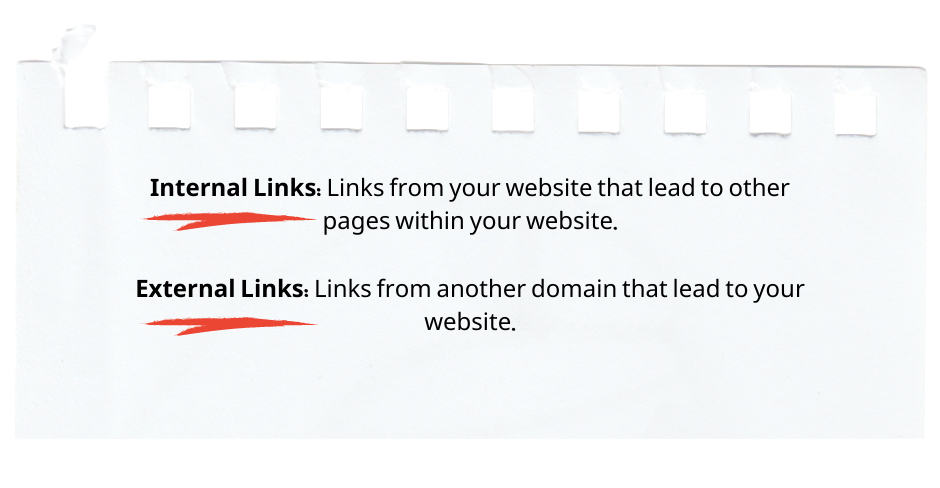
Internal and External Backlinks
Internal links lead to other pages within your website. It is good for users to stay on your website for as long as possible, so Google sees that you have useful information for users. The longer people stay on your website, the higher you will rank in Google and appear higher up in search results. Additionally, this practice allows users to trust your brand since they see that you have extensive knowledge in the homebuilding industry.
External Backlinking brings users from another domain into your website. Much like internal links, backlinking also help your ranking with Google. Backlinks are like a recommendation letter or a vote. Another website will direct users to your site to get more information or make a transaction because they trust your business.
How to Build a Strategy
Search engine optimization is always changing since Google often changes how its search engine works. However, there are some steps that you can take to boost your website with SEO.
Do a Site Audit
An SEO site audit examines how your website is performing, and whether the implemented SEO is working properly or not. You can check whether your SEO is being put to good use by checking if all pages in your website have some basic SEO with keywords that target your specific audience. Additionally, it is important to check if your pages are formatted in a way that is easy to navigate and that the user can simply skim through the information to get what he or she wants. Lastly, check your content for backlinks and internal links, since those will help you rank up in Google.
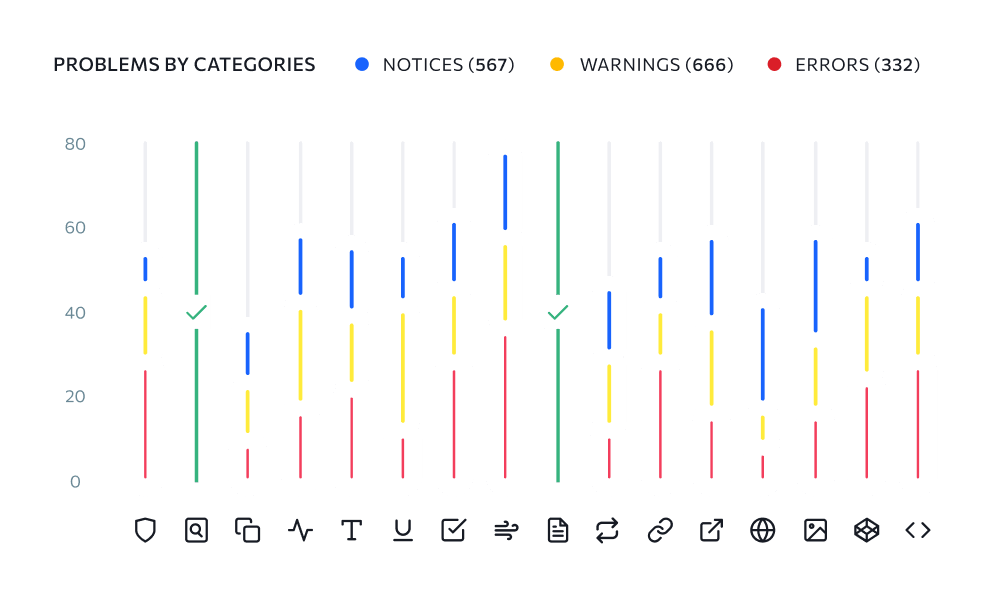
Focus on the User Experience
Since Google tends to rank a website higher when users stay on it for longer periods, users must enjoy navigating your website. You need to have a user-friendly website for users of all devices and provide quality content. You need to have good content that is easy to read and easy to skim through. Additionally, it is good to include simple language and make sure to add keywords to boost your SEO. Do not forget to make your website mobile-friendly, since many people can search for home building on the go or need some information you might have while away from their computer.
Think of Topic Clusters
The topic cluster model consists of the main pillar page, giving the user an overview of the topic and smaller pages that go into further details. This is helpful because search engines have evolved and now, they focus on understanding the user’s intent and finding the results that would best help him or her. Keywords are a great way to boost your website, but you always need to have some organization that makes it easier for search engines to get your page to user’s results. Remember to keep your website organized, so Google will see more value in it and rank it higher on the results page.
Buyer Personas
A very important aspect to make sure you are creating high-quality and useful content is understanding your buyer persona. The buyer persona is a fictional character that would be your ideal customer. To figure out the persona, you will need to do some research to see who your target audience is. However, personas are a very detailed description of a potential customer rather than an age range or any other demographical aspects. The buyer persona will have an age, profession, and you will be able to understand his or her needs, motivations, and frustrations. If needed, you can have multiple personas and you can target your SEO and content towards each persona.
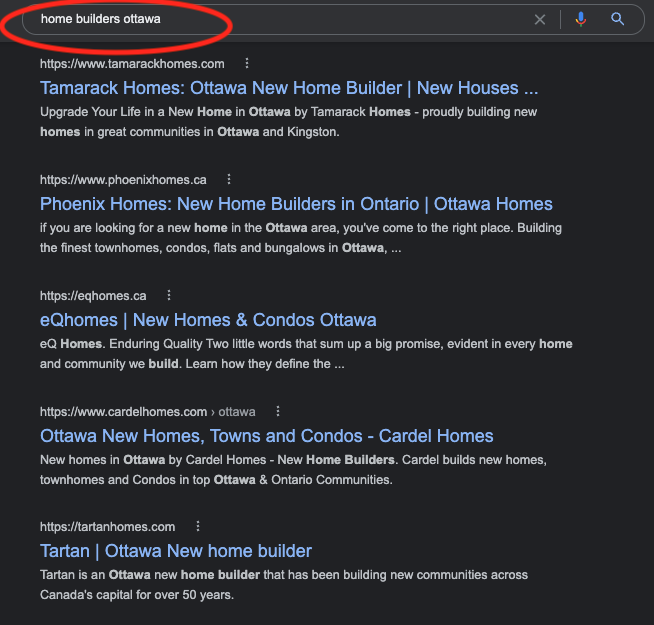
Get Technical with SEO
It is very important to have a website that works well to keep your Google rankings high. The better your website’s quality, the higher it will rank on Google. Here are a couple of things to pay attention to:
First, HTTPS, which is a secure version of HTTP. Google will warn users if your website is not secure, which often leads to people not accessing your website. With HTTPS, your website is secure, making it more difficult for any malicious party to negatively affect your website. Additionally, it is important to have a secure website when it comes to dealing with transactions.
Next up is semantic markups, which are HTML tags and code that emphasize specific information in your website. Markups allow Google to quickly understand what the page is about, without having to scan the entire content, which makes it much easier for Google to analyze the page.
Lastly are 404 errors, which is a message that leads to a dead-end for users. It is extremely important to fix any errors because they can negatively impact your Google ranking and user might simply leave your website. You can discover these issues by doing an SEO audit. Additionally, you can look into the broken links online and try to write content that covers any of the topics in the broken links. This will allow people to drive traffic to your website because you have the information that others are not able to give.
Think Local
Users who live near your location who are looking for home builders are mainly the ones who will drive traffic to your website. Most people first look for places near them that provide the services or products they need to then look for reviews and choose the ones that seem to be the best in the area. Therefore, you must make sure your local SEO is looking good.
Directories
 First of all, make sure that local directories are up to date. Search engines, including Google, often rely on local directories to get additional information on a source. If your local directories are out of date, users might end up running into the wrong information when searching for something related to your business or the services you provide. Some services help you keep your local directory up to date and get rid of any inconsistencies in the data. Here are some directories you should be linked with.
First of all, make sure that local directories are up to date. Search engines, including Google, often rely on local directories to get additional information on a source. If your local directories are out of date, users might end up running into the wrong information when searching for something related to your business or the services you provide. Some services help you keep your local directory up to date and get rid of any inconsistencies in the data. Here are some directories you should be linked with.
- Definitely Google My Business. Make sure you also get verified and the property links to your website.
- YellowPages. Yes, Yellow Pages is still a thing and one of the most used services to identify outstanding local businesses worldwide.
- Canada411
- MapQuest
- FourSquare
- Cylex
- BBB. Another service that has been around for a long time and has aided in sorting out the legitimate businesses from the phony ones.
- HomeStars, Canada’s home for professional contractors, this service helps people find local pros to help them complete home renovation projects.
- Yelp. Crowdsourced reviews about local businesses.
Landing Page Optimization
Another good way to boost your local SEO is local landing page optimization. You will need local keywords included in different landing pages to hit your target audience when they are searching for your business or the service you provide. You simply need to create landing pages with keywords that are popular in your specific area. Remember that, with SEO, you need to consider the keywords, metadata, page title, headline tags, image alt text, and the content on the actual website.
Build a Network
 Lastly, try to get in contact with other businesses in your area and partner with them. This can be contractors, realtors, mortgage brokers, and any other professionals in the home building industry. Once you build a connection with them, you can have backlinks in each other’s websites, to reach another demographic that trusts them and vice versa. Additionally, you can associate with others in your industry at the national, state, or local levels. A home builder association, for instance, is a great way to get information, and having you listed as a member adds credibility to you and your business.
Lastly, try to get in contact with other businesses in your area and partner with them. This can be contractors, realtors, mortgage brokers, and any other professionals in the home building industry. Once you build a connection with them, you can have backlinks in each other’s websites, to reach another demographic that trusts them and vice versa. Additionally, you can associate with others in your industry at the national, state, or local levels. A home builder association, for instance, is a great way to get information, and having you listed as a member adds credibility to you and your business.
Continue with the Momentum
While it seems that search engine optimization can be a seven-headed monster, it can be done slowly and built up as you continue to grow your business. There are companies out there that can also help you with SEO and keeping it up to date with the latest Google Algorithm changes. It is of the utmost importance that you keep your website and content up to date; otherwise, optimizing it for the best user experience will go nowhere.
Since search engine optimization is always evolving, you need to focus on creating solid content that allows you to build up your SEO slowly and effectively. Not to mention that customers, nowadays, want to get information from a business, not just be sold something.
If you need help with SEO for home builders, contact our team today for the ultimate game plan.
Client Success Snapshots
Client Testimonials

K.G
I have been working with them for a number of years now. They’re great! I can always count on them. I don’t have to worry about a thing. We are getting the results we want. Thank you!

Steve B
These guys are the real deal with SEO services for both on page and off SEO work. I’ve worked with other agencies in the past that only do on page SEO, this is only half the equation for getting your site to rank. Their team has a good understanding of what works and provides excellent weekly small reports and monthly full reports. I would recommend them to anyone.





